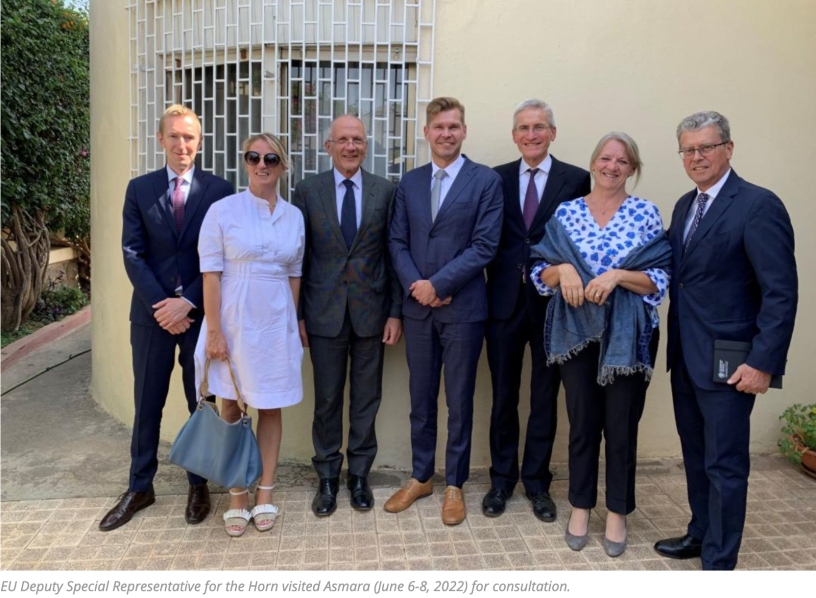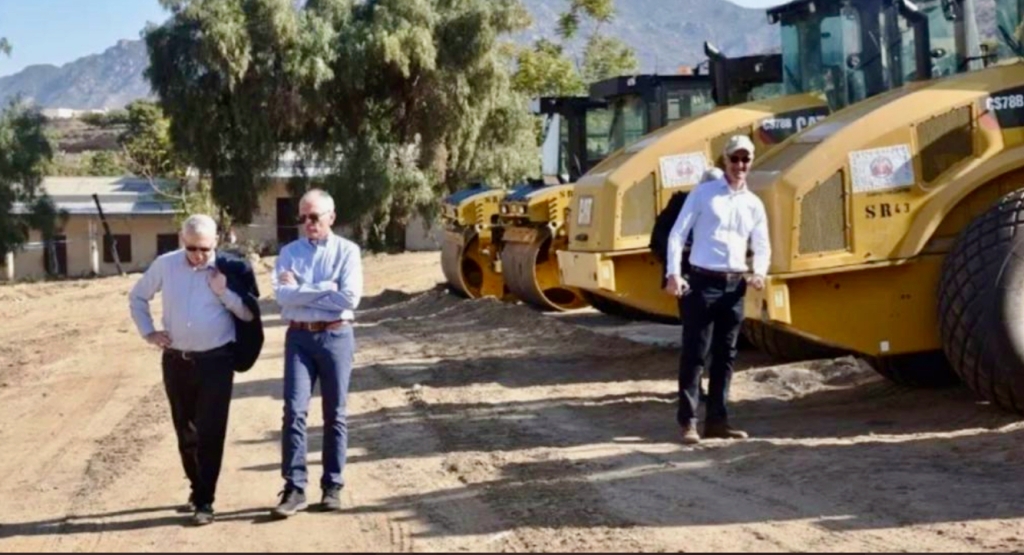Source: Sunday Mirror
Refugee from Eritrea, now 29, tells of his fear he will end up being sent to Rwanda for a second time under UK deportation scheme, years after he says Israel sent him there ‘to get rid of us’

Kidane was 18 when he fled his home country of Eritrea to seek asylum in Israel. But, in a cruel scheme which experts say inspired the UK’s deportation plan, he was flown to Rwanda with the promise of a new life.
Kidane – not his real name – crossed Africa and Europe to get here but could now be sent back to Rwanda.
Speaking from his asylum centre in Cardiff, Kidane, 29, said: “To be deported to Rwanda would be a huge threat to my life. I’d do the whole journey again and I might not survive it again. We’ve been treated like cattle, not humans. The UK wants to get rid of all refugees and asylum seekers.”
Kidane is one of more than 60,000 Eritrean and Sudanese refugees who fled dictatorship and war in their homelands to start a new life in Israel.
In 2016, after months in a desert prison camp, he was told he would be deported back to Eritrea or imprisoned indefinitely unless he went to Rwanda. He was flown to Rwandan capital Kigali via Turkey with a $3,500 settlement grant.
Get all the latest news sent to your inbox. Sign up for the free Mirror newsletter

Shadow Home Secretary Yvette Cooper has condemned the Government’s plan to send asylum seekers to Rwanda
Israeli officials said he could apply for asylum in Rwanda, where he could get a job and be protected.
He says: “When we arrived in Kigali, we had our permits and visas taken away before being sent to a hotel surrounded by security.
“We stayed there for three weeks not knowing what was happening, when immigration officers arrived to take us over the border to Uganda. We had to pay them $150 for the trip and a further $150 to get to Kampala.
“The Israeli government knew what they were doing and used this as a way to get rid of us – and that is exactly what the UK government is doing.”

Accommodation in Kigali, Rwanda, where migrants from Britain are expected to be taken ( Image: REUTERS)
From Uganda, Kidane fled to South Sudan, where militiamen attacked his convoy, killing four of his friends. He was then held in a South Sudanese jail, where he narrowly avoided being shot as civil war raged around him.
Kidane decided to bribe his way out after seeing those who couldn’t pay being killed, beaten and raped. From Libya, he went by boat to Italy, spent four years in Germany, then paid smugglers to take him in a dinghy from Calais to the UK to try to reach his brother – his only family in Europe.
Kidane said our Rwanda policy will not deter migrants like him “who are so full of hopelessness”.
Professor Galia Sabar, of Tel Aviv University, who worked with Eritrean refugees like Kidane, called it “cruel, dangerous and truly racist”. “It is based on ignorance,” she said. “You cannot justify it. This policy is like sending this man to his death. I see no difference between Israel’s policy and the UK’s.”

A view of Kigali, the capital of Rwanda, which is expected to take asylum seekers from the UK (
Israel axed its scheme after sending 4,000 Eritrean and Sudanese asylum seekers to Rwanda and Uganda between 2013 and 2018. Martin Plaut, of the Institute of Commonwealth Studies, said: “The way Israeli refugees were treated by Rwanda indicates it is a completely unsuitable place to send refugees.
“The authorities simply trade people across the border. The UK’s scheme will mean they have to do the whole journey again, through smugglers, human trafficking, incarceration and potentially a death sentence. It’s a ruthless, vicious cycle.”
Shadow Home Secretary Yvette Cooper said: “The disturbing stories show why Israel abandoned this policy. We have said from the beginning the Rwanda deal is unworkable, unethical and extortionately expensive. This is more evidence why the Government should concentrate on stopping the criminal gangs who operate in the Channel instead.”
The Home Office said: “Rwanda is a fundamentally safe and secure country with a track record of supporting asylum seekers, a thorough assessment is undertaken to ensure no one would be transferred there if it was not safe.”








 central gov't. Hoping to attain "peace" in Northern Ethiopia through "negotiation", without first achieving military superiority over the Tigray rebelious groups (i.e weakening them militarily) will be PM Abiy's next biggest mistake.
central gov't. Hoping to attain "peace" in Northern Ethiopia through "negotiation", without first achieving military superiority over the Tigray rebelious groups (i.e weakening them militarily) will be PM Abiy's next biggest mistake.



















